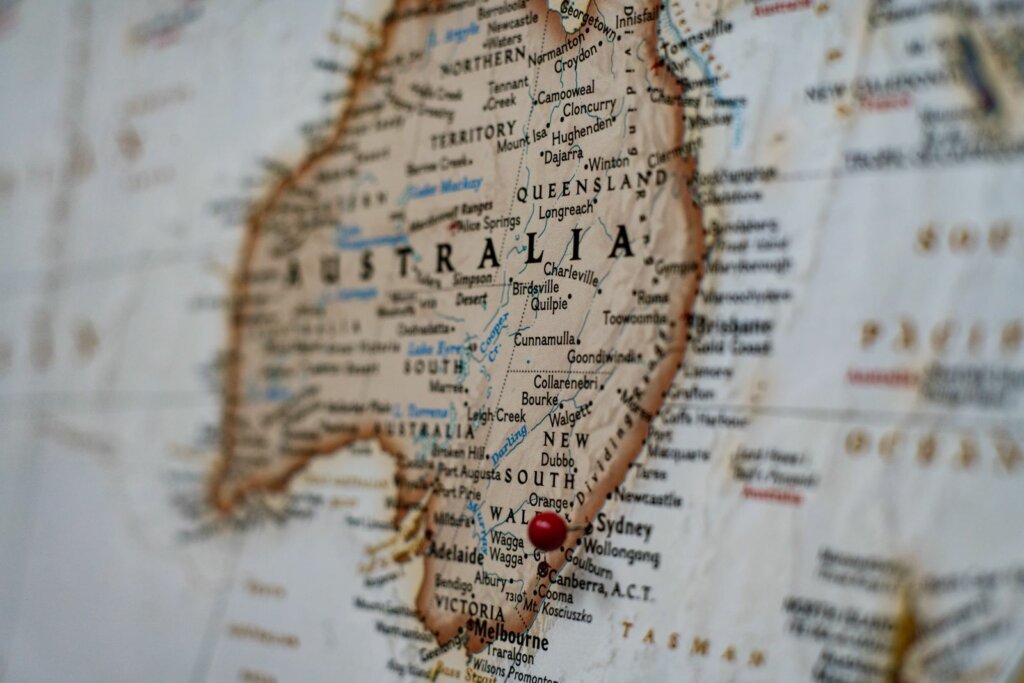How Australia can Serve as an Example for the U.S.
One of the most striking things for me about being in Australia is not the accent or driving on the left side of the road, it’s their take on security. Going through airport security for domestic flights is a breeze – you leave your shoes on and there aren’t any restrictions on liquids. You’re required to remove your electronics but that’s it. Done.
When I visited the National Gallery of Victoria, I was confused because not only is the art museum free (except for certain exhibitions), there is no security check. Nobody rifled through my bag, and no one yelled at me for wearing my backpack on my back instead of on one shoulder. In contrast, the Met in New York specifically mentions both of those things on its website. Australians aren’t particularly worried about weapons because they don’t need to be.
Shortly after a mass shooting in 1996, elected officials banned semi-automatic and other military-style weapons across the country. On top of that, the federal government prohibited their import and lawmakers introduced a generous nationwide gun buyback program, funded with a Medicare tax. Many years later, lawmakers added a new National Handgun Agreement, a separate buyback act, and a reformulated gun trafficking policy to their legislative arsenal.

I wish the U.S. was more like Australia in some ways. Photo by Joey Csunyo on Unsplash
The result? Gun violence declined to a vast degree. In 2014, the latest year for which final statistics are available, Australia’s murder rate fell to less than 1 killing per 100,000 people. In contrast, the murder rate in the U.S. in 2020 was 6.5 killings per 100,000 people. And just in case you didn’t know, we had 647 mass shootings in 2022 alone.
People remind me the risk of being a mass shooting victim is low, statistically speaking, but you know what’s not low? The constant vigilance we live with as a society. There are reminders on public transit to say something if you see something. There are extensive security measures at the airport. We search people’s bags in certain public spaces and we have active shooter drills in schools. In other words, Americans are always on high alert for an attack, whether they’re aware of it or not.
Coming to Australia, I feel myself relax in a way I’ve never been able to the U.S. Yes, I could be stabbed, but frankly, I’d rather confront a knife than a gun. Why do we cling to our second amendment rights so fiercely? Some act as if the second amendment is a bulwark against tyranny when in reality, we’re already in a plutocracy or the reign of the rich.
The founding fathers weren’t some demigods who knew the best course of action for all of eternity. They were flawed human beings and their ideas about gun ownership are no longer relevant nearly 250 years later. How could they be? For context, at the time the founding fathers drafted the Bill of Rights, they couldn’t even conceive of indoor plumbing. Why are we still hanging our hats on their outdated ideas?
My spiritual teacher says, “Social ideals and systems should be formulated after considering the time, place, and person as well as the all-round progress of the society. It may be that something which is quite useful for a particular time, place, and person is totally worthless for a different time, place, and person. Society is not a static entity, but a dynamic one.”
Society is a dynamic entity, which means we can say, “You know what? We’re safer with fewer guns. Who cares what some long-dead white dudes said 250 years ago? Their ideas are no longer useful.” It can be done; we have a modern example in Australia and I have to tell you, I’m a fan.
I dream of a world where we remember society is a dynamic entity, which means recognizing ideas outlive their usefulness. A world where we remember we don’t have to cling to outdated beliefs. A world where we let Australia serve as an example of how to handle gun violence.
Another world is not only possible, it’s probable.

